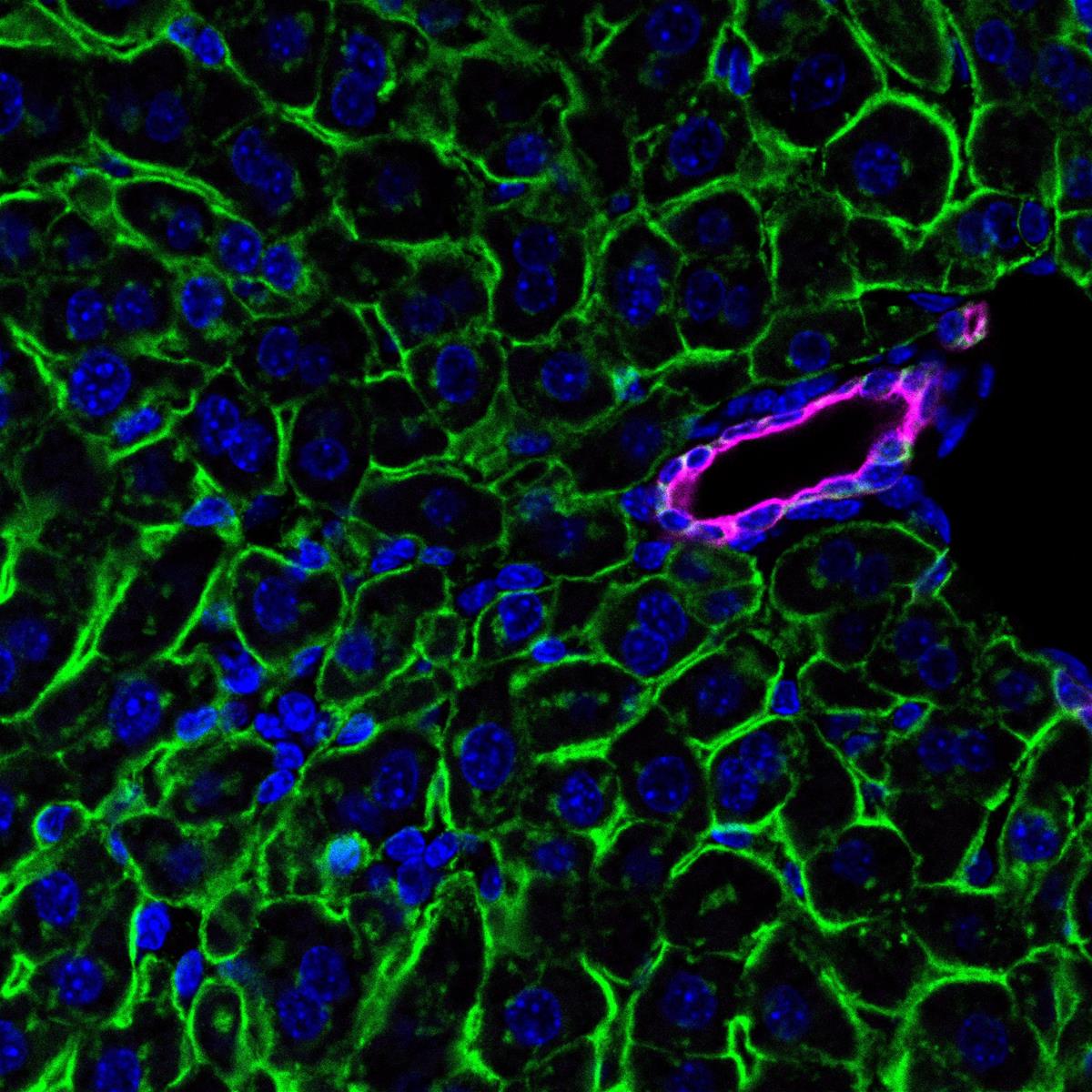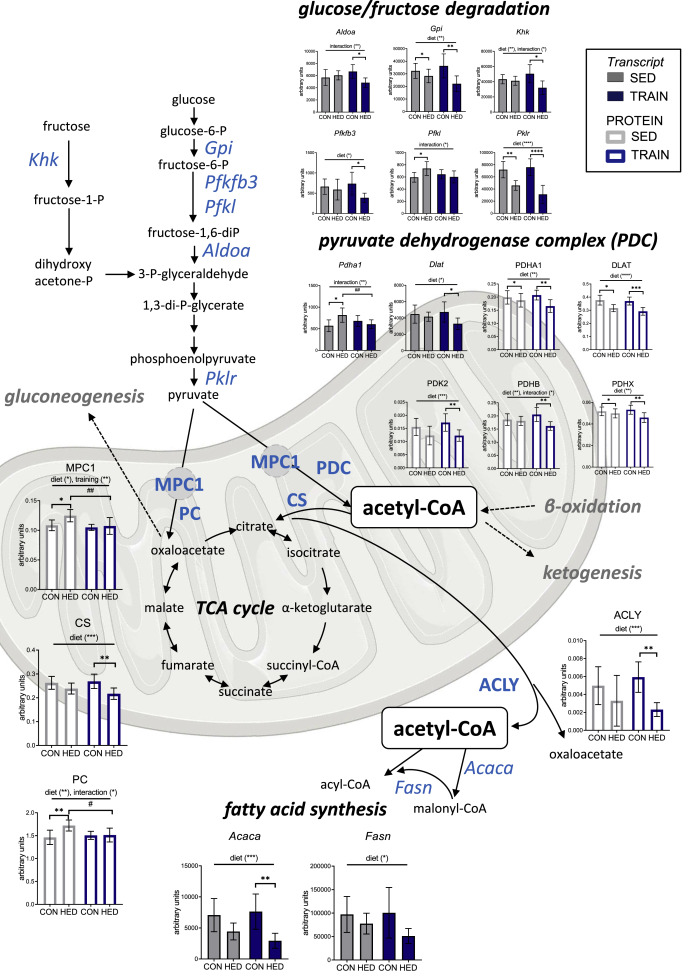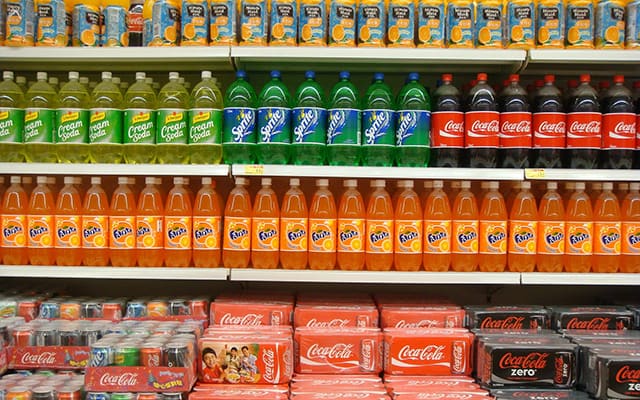
Long-running research by Duke-NUS Medical School into the omega-3 transporter protein Mfsd2a has shown that it plays a key role in a specific mechanism that prevents the liver from storing too much fat from food. Published in the Journal of Clinical Investigation, this latest study by Duke-NUS and collaborators from Singapore General Hospital (SGH) signals the possibility that a dietary supplement could be developed to help prevent non-alcoholic fatty liver disease (NAFLD).
Eating too much fatty food increases the risk of many health problems, including cardiovascular disease, obesity, diabetes and NAFLD...
Read More









Recent Comments